The Importance of Fire Risk Assessments in Commercial Properties
In commercial environments, conducting fire risk assessments is essential for identifying potential hazards associated with manufacturing processes, material storage, and the operation of heavy machinery.
These assessments play a vital role in preventing fires and ensuring a prompt and safe response in the event of an emergency.


Why Choose Us for Your Commercial Property’s Fire Risk Assessment?
With extensive expertise in industrial fire safety and a thorough understanding of the unique challenges posed by commercial properties, we are the trusted partner you need to ensure comprehensive fire risk management.
Our specialised Fire Risk Assessments are designed to help you meet safety standards, protect your operations, and safeguard your personnel and property.
Contact us today to secure peace of mind and ensure your facility’s fire safety compliance.
“Great experience using Vigilance Fire Safety. They are very knowledgeable and professional. Highly recommend!”
Parkview Estates ⭐⭐⭐⭐⭐


Don’t wait until it’s too late – contact us today and take the first step toward safer, more secure flats!
Safety Starts with a Thorough Fire Risk Assessment. Let’s make sure yours is done right!
“Excellent service, very informative – he knew his stuff, and coupled with decent pricing. Would highly recommend for fire risk assessment works.”
Adam
Adam
Google Review ⭐⭐⭐⭐⭐
